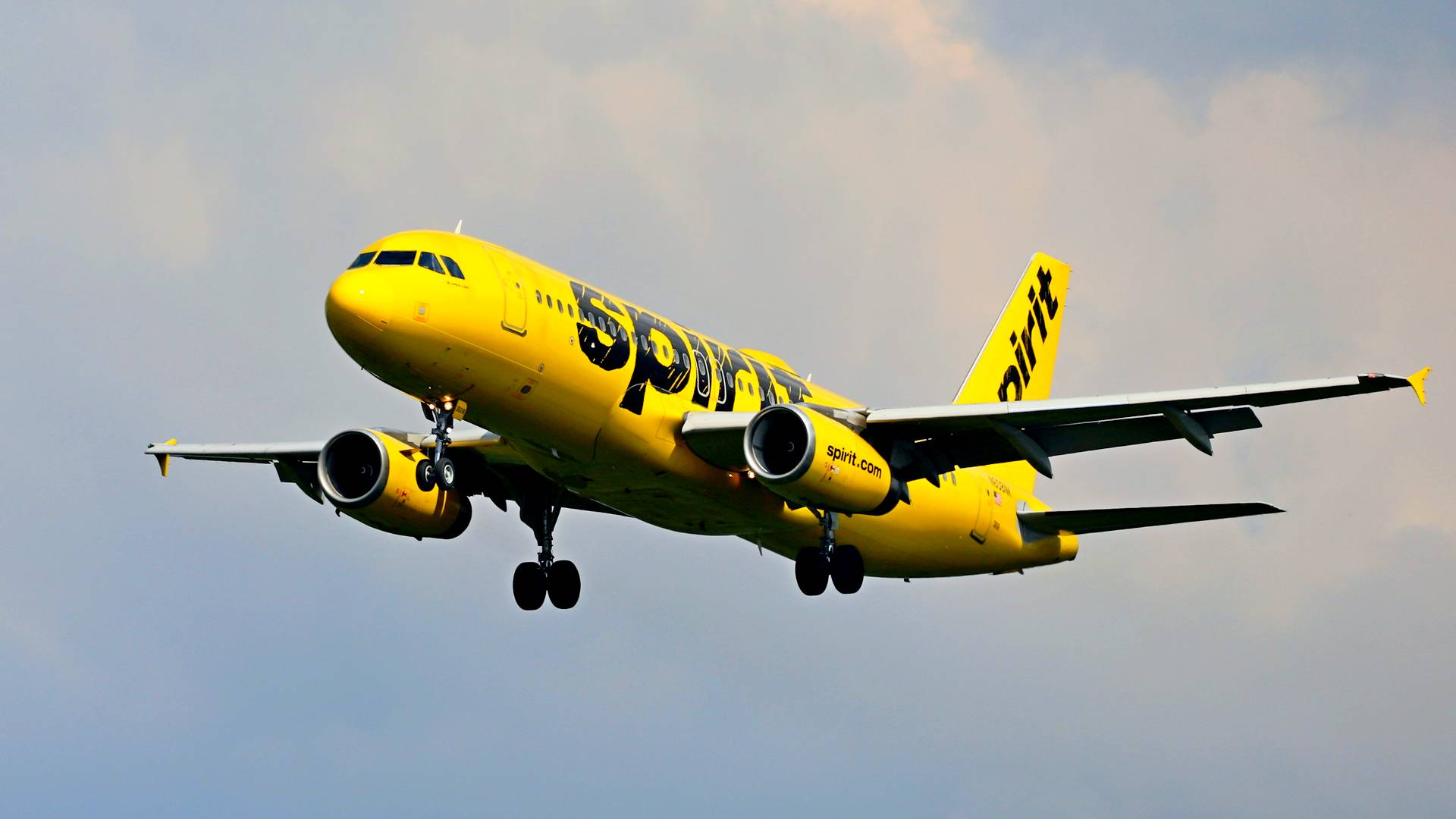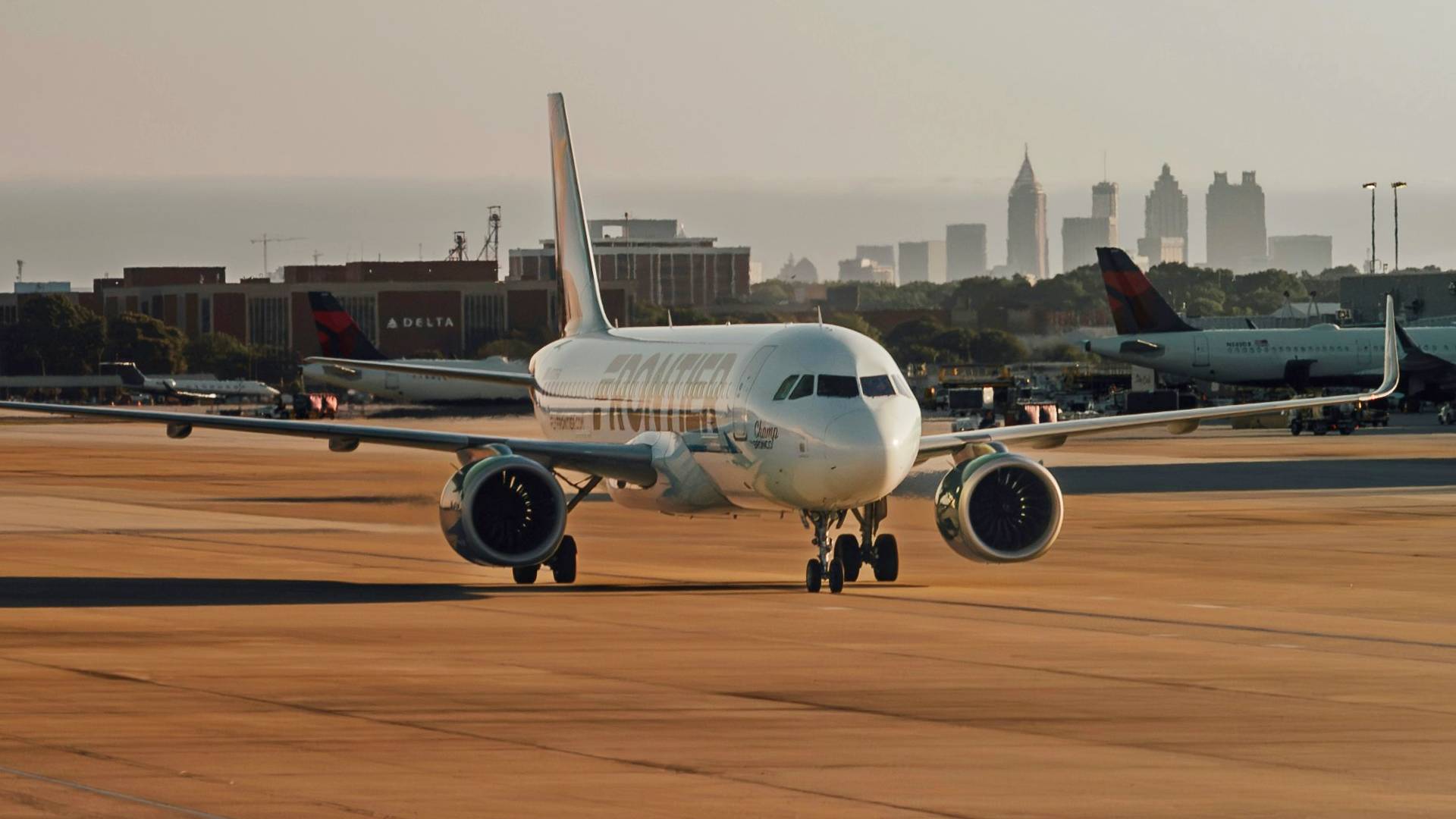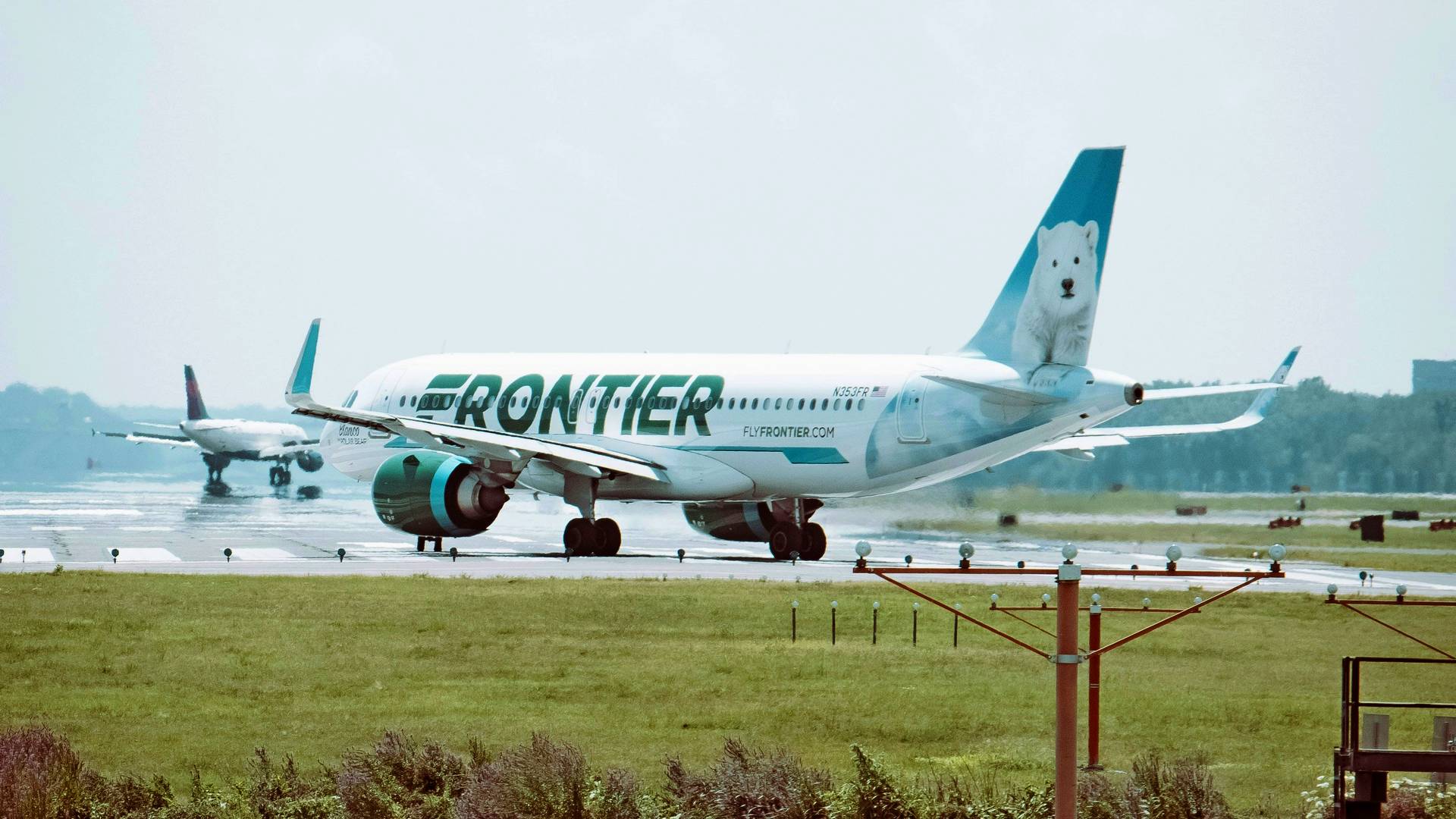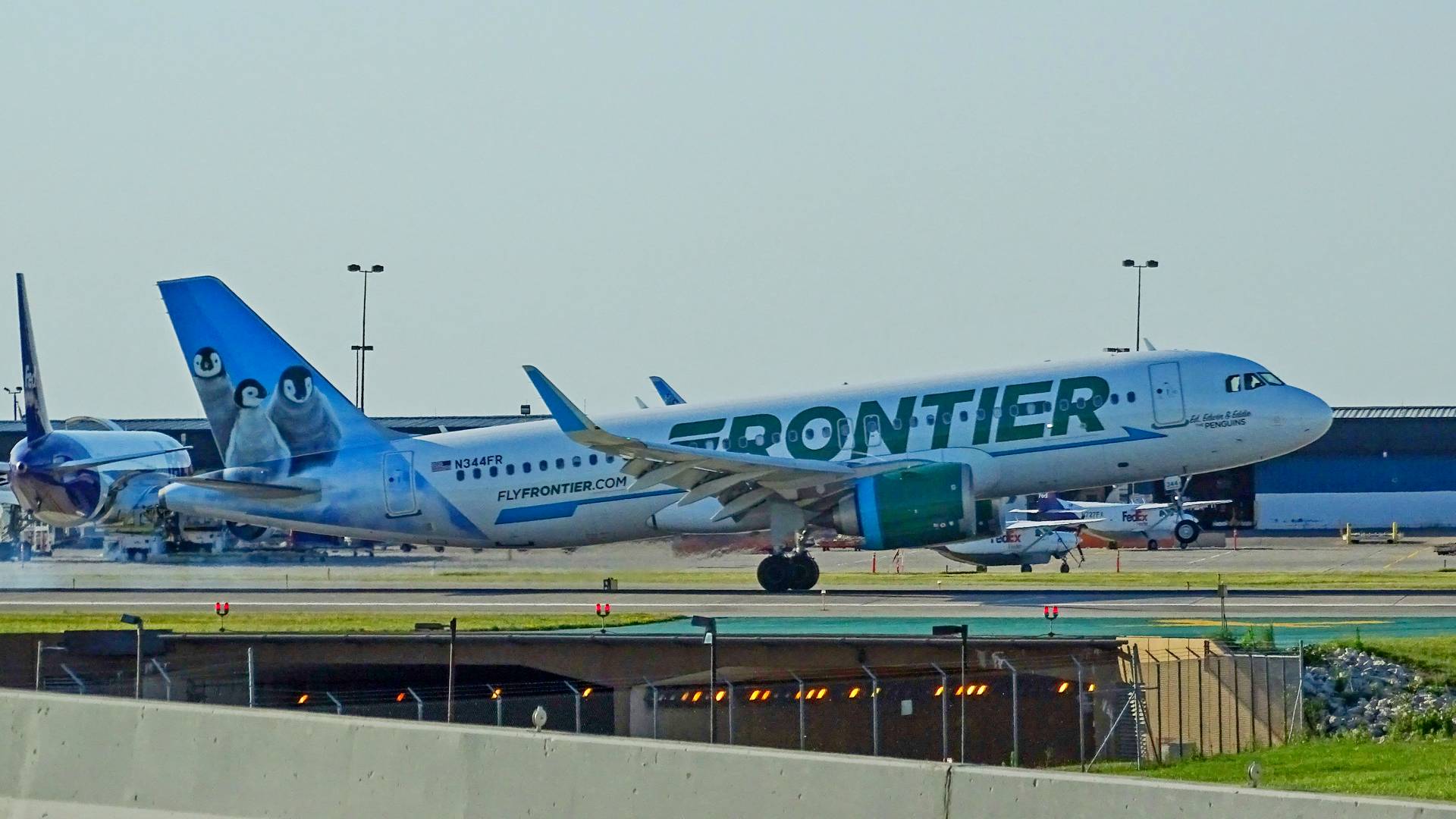Ultra-low-cost carrier Frontier decided to add premium seating in a number of high-demand markets. So, is the ULCC model due for an update?
We have seen how Spirit Airlines has struggled financially over the past few months. This had to do in part with Pratt & Whitney engines that required unscheduled checks and maintenance, grounding large numbers of aircraft.

Spirit competitor Frontier has been a lot less affected by these engine issues. But like Spirit, the company is suffering from excess capacity in key leisure routes. To deal with this issue, Frontier is modifying the passenger cabins of some of its jets, to add premium seating.
Recovery Timing
Shifting focus to premium offerings represents a departure for ultra-low-cost carriers like Frontier. Traditionally, such airlines have fit as many seats as possible in their cabins, manipulating their prices to keep load factors as high as possible, while flying as frequently as possible.

Ultra-low-cost carriers also rely on ancillary revenue – another area that Frontier and its competitors have struggled with, in some competitive markets. Frontier’s per-passenger revenue was reportedly down 22% in 2023, compared to 2022.
This was a reversal. As the airline industry began to recover from the worst of the pandemic, airlines like Frontier did well in part because they didn’t depend on premium fares. Premium customers took longer to return, either because of Zoom calls or because they transitioned to private/corporate travel.

Frontier Goes Premium – Why?
Legacy carriers and pricier leisure airlines suffered badly from losing these customers. However, the travel boom that the industry experienced in 2023 saw the return of business travelers. At the same time, more leisure travelers went looking for premium offerings.
Already last September, Frontier CEO Barry Biffle said that the airline could add premium seating with more legroom if the new trend continues. And so it happened, while capacity increased throughout the year, particularly in Florida.

Frontier will also switch focus toward some destinations like Detroit, Indianapolis, and Seattle. Airlines currently flying to those destinations have premium seating, and Frontier could compete well with them.
This switch will be at the expense of leisure destinations, like Orlando and Las Vegas, where there is already plenty of ULCC capacity. It now remains to be seen whether or not leisure travelers will continue to look for premium offerings, shunning “bare”-fare airlines.
We also need to see if similar airlines elsewhere in the world will follow a similar strategy. A European trend towards airline consolidation could include marketing realignments, both from low-cost and legacy airlines.



